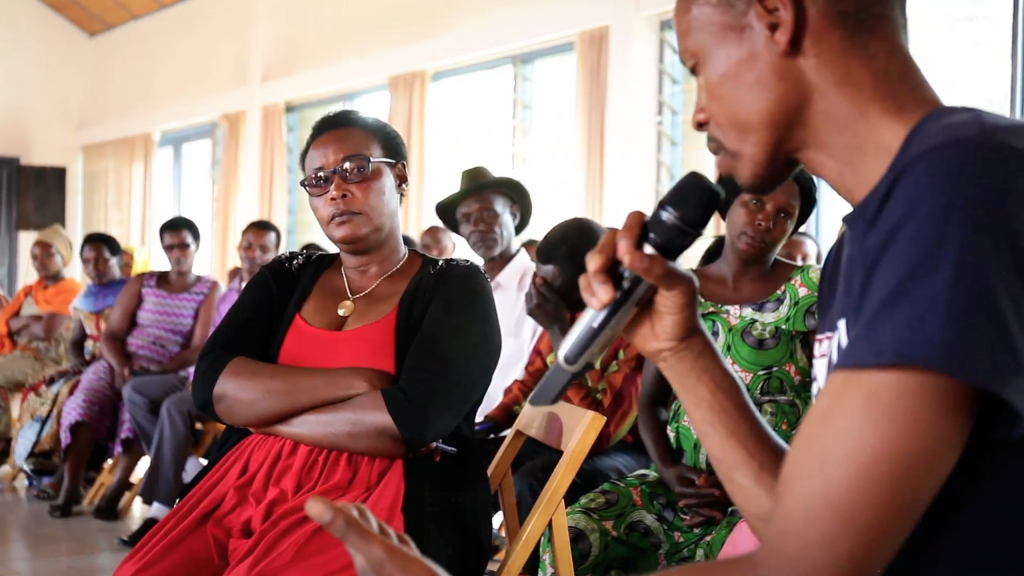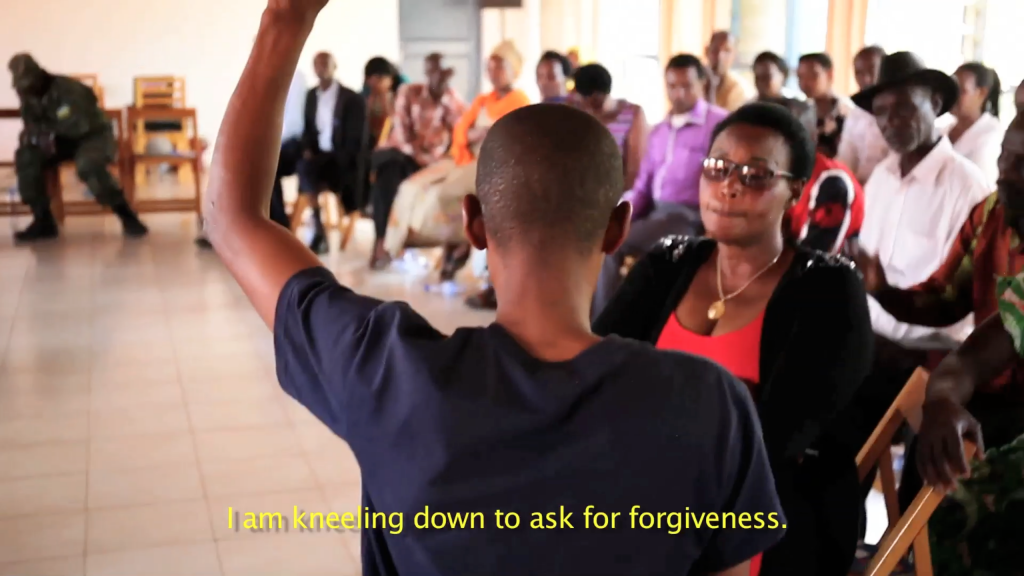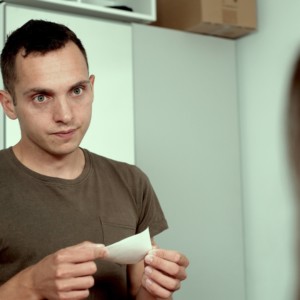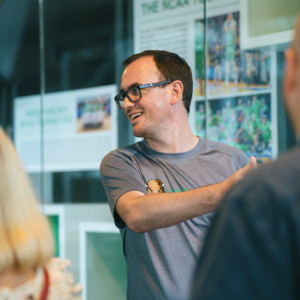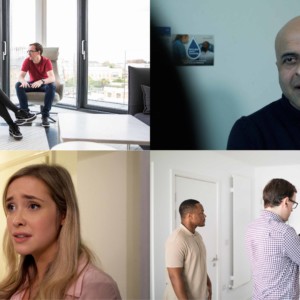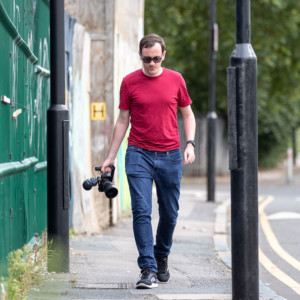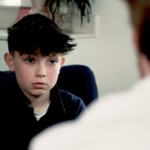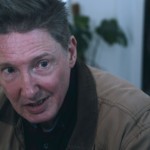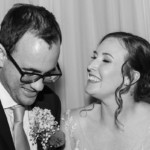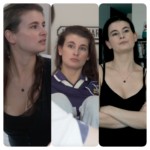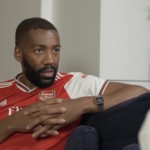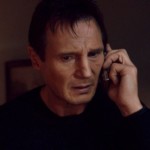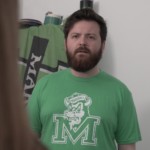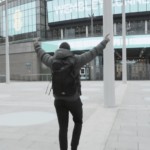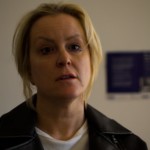Over a decade ago, I was working with an organisation called Act For Change, filming holocaust survivors in schools around the UK as they gave talks about what they’d been through and discussed with students what could be learned from it. The founder of the organisation, Lea Misan, asked if I was available to film for two psychologists she knew who were looking for a filmmaker.
Shortly after – I filmed a workshop run by Arlene and Jean-Claude Audergon. At this point, of course, I wasn’t aware that it would become an ongoing collaboration that would lead us, ten years later, to Kigali in Rwanda.
CFOR – Force for Change, the organisation founded by Arlene and Jean-Claude, have been working for many years now across the world; working with communities affected by conflict and genocide.
From their website:
“Our aim and hope is to contribute to conflict resolution, truth and reconciliation, transitional justice and violence prevention. CFOR refers to the ‘force of community’. We facilitate communities to process current and historic tensions and momentary interactions, revealing pathways forward.
Our focus at CFOR is on facilitating awareness in community interactions. As societies, we can grow in personal and collective awareness, so that we do not get so easily pulled apart into divisiveness, or get swept up into cycles of violence.”
And so it was that in June of 2017 I travelled with them and a team of facilitators and translators, to work in Kigali – where they would be working in communities which include both perpetrators and survivors of genocide.
My role was to document the incredible work on video. What they do is very unique and often completely groundbreaking work. The following five minute documentary is just a brief snippet – it gives you a sense of the types of dialogue that are possible when facilitated.
The following clip shows an interaction between a perpetrator of the genocide, and a survivor. I remember when this moment happened very vividly – I literally felt a chill through my whole body. What we didn’t know – until the moment – was that their paths had crossed during the genocide in 1994. This was the first time they were together since, their first chance to talk about it.
As Patrick knelt down to ask for forgiveness, my mind was flooded with so many thoughts, “should I be filming this?”, “did I press record?”, “what should I be focusing on?” — this incredible interaction felt almost too personal to share; but of course, the precise reason I was there was to capture these very moments. And now, through the film I edited with CFOR and with the permission of all the participants, we are able to show you what happened, and what is possible when people are in a place where they are able to go deeper and express what they have waited so many years to express.
This film cannot do justice to the entire experience, or the depth of the work that CFOR are doing in Rwanda. We also have a one hour documentary that is completed and will be available to watch soon – and we are returning to Rwanda again two more times this year. My hope – and I believe that of CFOR, too, is to capture in film the journey over three years; and it’s quite a story.
Below is the first clip we have made public. We would love it if you could share the video and subscribe to the CFOR YouTube Channel.
To learn more about CFOR; visit their website here.

